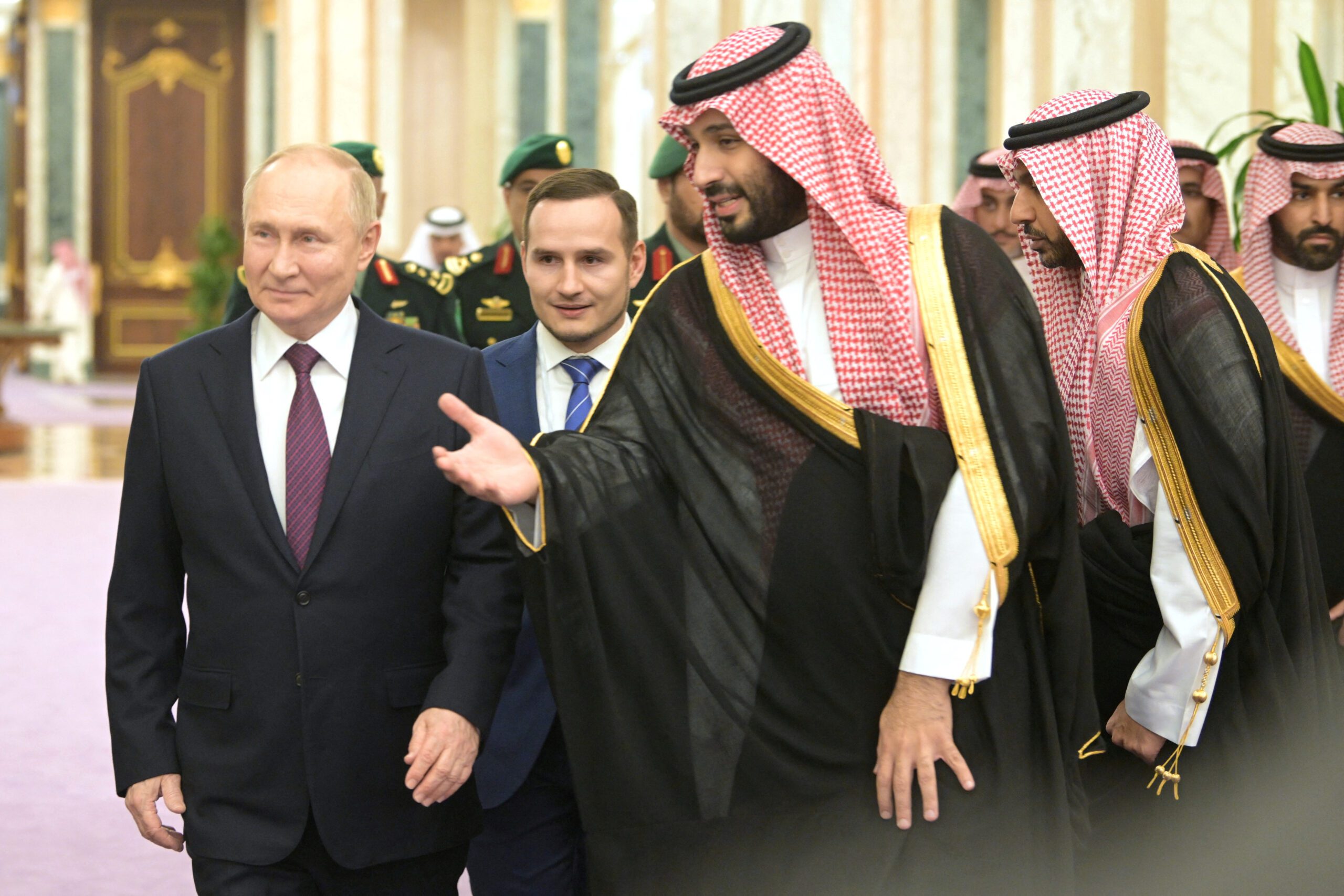In a surprising turn of events, Russian President Vladimir Putin and Saudi Crown Prince Mohammed bin Salman engaged in a whirlwind visit to discuss further cooperation on oil prices. The impromptu meeting comes at a crucial time as members of OPEC+ grapple with the challenges of stabilizing global oil markets and addressing escalating tensions in the Middle East.
The Saudi Crown Prince commended the joint coordination between the two nations, emphasizing the role it played in alleviating tensions in the Middle East. This unexpected diplomatic move underscores the significance of the partnership between the world’s largest crude exporter and Russia, a key player in the oil industry.
Kremlin spokesperson Dmitry Peskov confirmed that discussions during the meeting revolved around the continuation of cooperation within the OPEC+ framework, which includes the Organization of the Petroleum Exporting Countries (OPEC) and its allies, led by Russia. The aim is to maintain stability in the international energy market and ensure a predictable state amid fluctuating global dynamics.
Despite the diplomatic niceties, the talks occurred against the backdrop of falling oil prices, prompting the need for OPEC+ to reevaluate its production levels. The joint efforts of Russia and Saudi Arabia within OPEC+ have been instrumental in stabilizing oil prices, and both nations acknowledged their responsibility in sustaining this stability.
The visit also comes at a time when Russia faces international isolation due to its military actions in Ukraine. Putin’s rare departure from Russia since the invasion signals the importance of the discussions with Saudi Arabia. While the agenda included expected topics such as Ukraine and the conflict in Gaza, the primary focus remained on oil market cooperation.
Putin expressed gratitude for the invitation from the Crown Prince and affirmed his commitment to developing friendly relations between the two nations. Both leaders emphasized the significance of their collaboration, not just for their respective countries but for the broader Middle East and the world.
Russia and Saudi Arabia, collectively responsible for one-fifth of the world’s daily oil production, have maintained close relations despite occasional international isolation. The discussion around OPEC+ cooperation becomes particularly crucial as the global oil market faces uncertainties, requiring strategic decisions to stabilize prices.
The meeting showcased the strength of the longstanding alliance between Russia and Saudi Arabia, which has endured even in times of geopolitical challenges and shifting global dynamics. As both nations navigate their roles in OPEC+ and address broader regional concerns, the outcome of these discussions will undoubtedly have a ripple effect on global oil markets and international relations.















